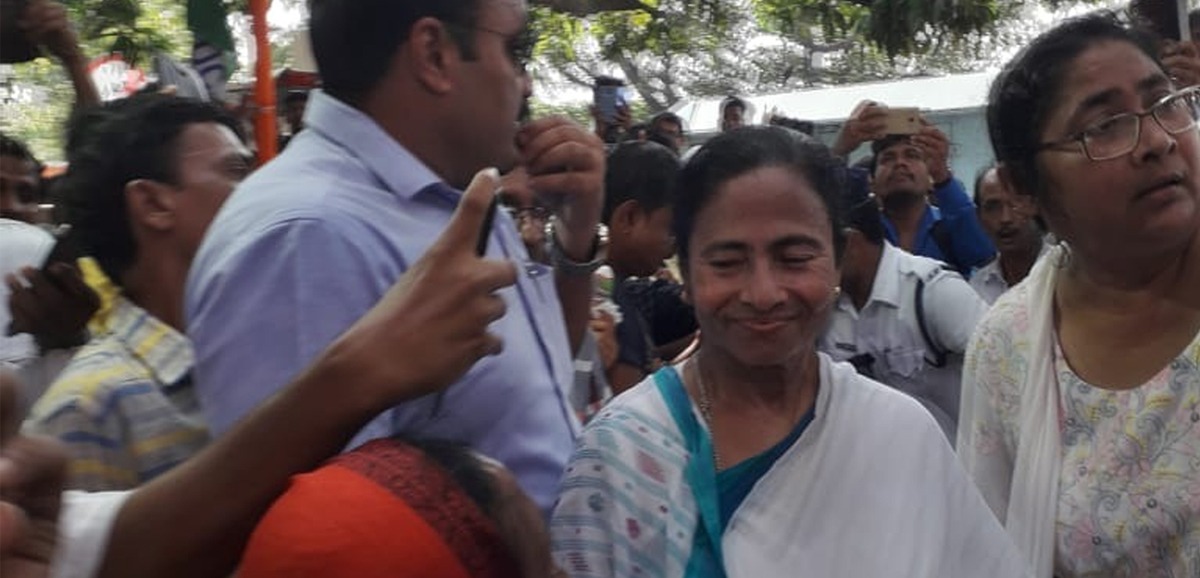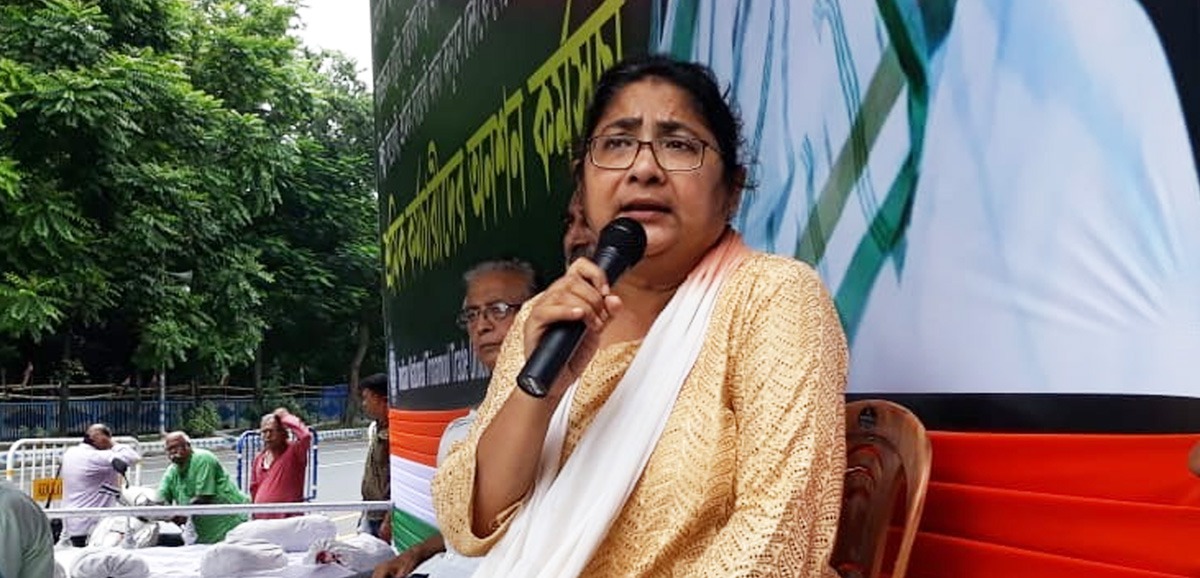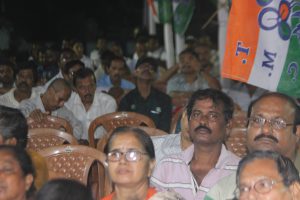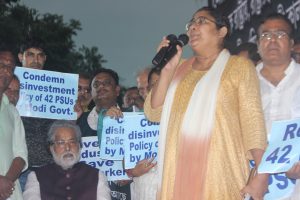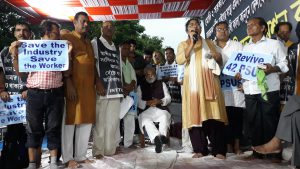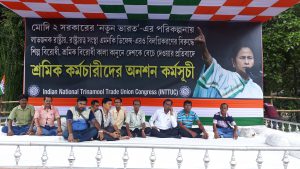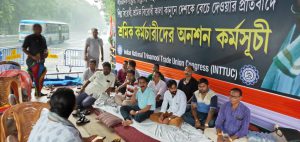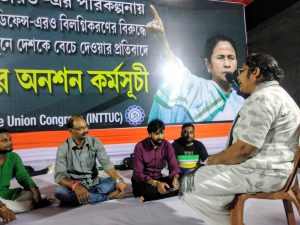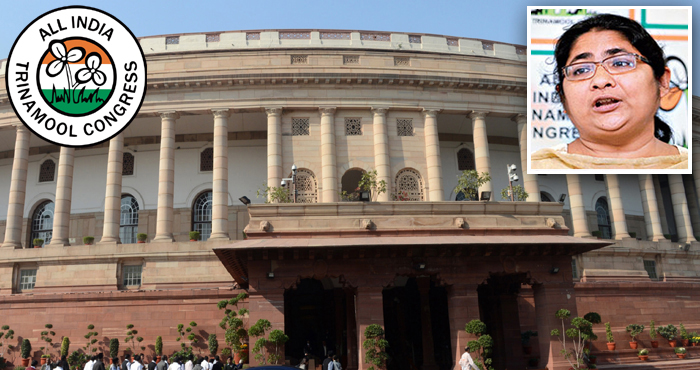FULL TRANSCRIPT
Sir, you have rightly decided to allow discussions on two Motions together. The first Motion, moved by an Honourable Member, is for sending the bill to a Select Committee. The second Motion, moved by the Honourable Minister, is for the consideration and passing of the Bill. I will first speak on why this Bill needs to be sent for proper scrutiny to a Select Committee of Parliament. Then I will speak on the second Motion.
Let me give you some numbers. Any Honourable Member may file a Privilege Motion against me if these numbers are wrong. In earlier Lok Sabhas, 60 to 70 per cent of Bills were sent to Standing or Select Committees for scrutiny. In the last Lok Sabha, only 26 per cent of Bills were sent to committees for scrutiny. In the current session, more bulldozing is happening. Out of the 16 Bills passed by both Houses, only one has been sent to a committee for scrutiny. This is Bill number 17.
Just because an Ordinance has been brought multiple times does not mean it has been scrutinised. Just because a government has won a big majority in the Lok Sabha does not mean it can bypass the Constitution and bypass parliamentary democracy.
Since 1993, parliamentary committees have been doing a job. We have not yet become a presidential form of government nor have we yet become a dictatorship. Till that happens let us follow the rules of parliamentary democracy.
This government is desperately trying to link the passage of this Bill to women’s empowerment. So let us talk about women’s empowerment.
The present Lok Sabha has 78 women MPs. Only 14 per cent of the Members are women. The Government is saying that this is historic. No, sir, this is shameful. I should know about women’s empowerment. I represent All India Trinamool Congress, a party whose 41 per cent, yes, 41 per cent of MPs in the Lok Sabha are women. In the last Lok Sabha, 35 per cent of Trinamool Congress MPs were women. I represent a party where 50 per cent of seats at the Panchayat level are reserved for women. I represent a party which now has the only elected woman chief minister in India.
I represent a party which, through its government, has provided benefits to 60 lakh girls with its Kanyashree scheme. The United Nations awarded this initiative for women’s empowerment. Rs 7,000 crore has been spent on this scheme. Rs 7,000 crores in just one State. Beti Bachao, with due respect, has spent just Rs 700 crore for the entire country. This is just 10% of Kanyashree’s budget. We do not pay lip service to women’s empowerment like Beti Bachao, 56 per cent of whose funds were spent only for publicity. So humko women’s empowerment par bhashan nahin sunna hai, Sir.
What more can the BJP teach me about women’s empowerment? What more can the BJP teach me about supporting women? You owe your birth and identity to an organisation in Nagpur whose chief in 2013 said that a husband and a wife are bound by social contract, and if the woman fails to deliver her duties she can be abandoned. And that is why the figure for abandoned or deserted women is 23 lakh.
And I am in an organisation that gave me the chance to become the first woman State and all-India president of the trade union wing of our party.
If this government is really serious about women’s empowerment, bring the Women’s Reservation Bill. You are extending the Parliament session. Extend it by one more day and bring the Women’s Reservation Bill. Please introduce the Bill which will benefit 60 crore women. Otherwise shhussh!
During the discussion on the Triple Talaq Bill in 2017, this was said: Jahan Mardon ka sawaal aata hain wahan aap aasani se kanoon badal dete hain, aur jahan auraton ki suraksha ki baat aati hain, etc. Yeh kisne kahan tha? The Honourable BJP sansad, MJ Akbar. Chalo, main wahan nahin jayoonga nahin toh Treasury Bench embarrass ho jayenge.
So Sir, I spoke on why this Bill should go to a select committee. Now for some specifics on the Bill.
1.Remove the draconian criminality clause. As per the Bill, the husband can be jailed for three years for pronouncing triple talaq. Will the wife not be allowed to re-marry for three years? What will she do once the husband is out of jail?
2. The husband is also expected to pay for the maintenance of his wife and children. How will he pay if he is in jail? Where will he get the money from?
3. For bailable offences, bail is given as a matter of right. But in this case, subjecting the victim to additional testimony is just a formality and an additional burden on the woman. In the sayings of the Prophet, the Hadith, it is written, ‘Jitne bhi cheezon ki ejazat hai, usme sabse napasandeeda cheez talaq hai.’ So humko please lecture mat dijiye.
We are all for women’s empowerment, we are all for women’s rights. Two things I demand: One, remove the criminality clause and two, do not mock Parliament by passing this Bill today; send it to a Select Committee. Do these 2 things and we will be with you.
In conclusion, I would like to urge the Members to vote in favour of the Motion to send this Bill to a committee for scrutiny. If you actually stand for women’s empowerment, send this Bill to a committee. If you stand for Parliament, send this Bill to a Select Committee. Thank you.

